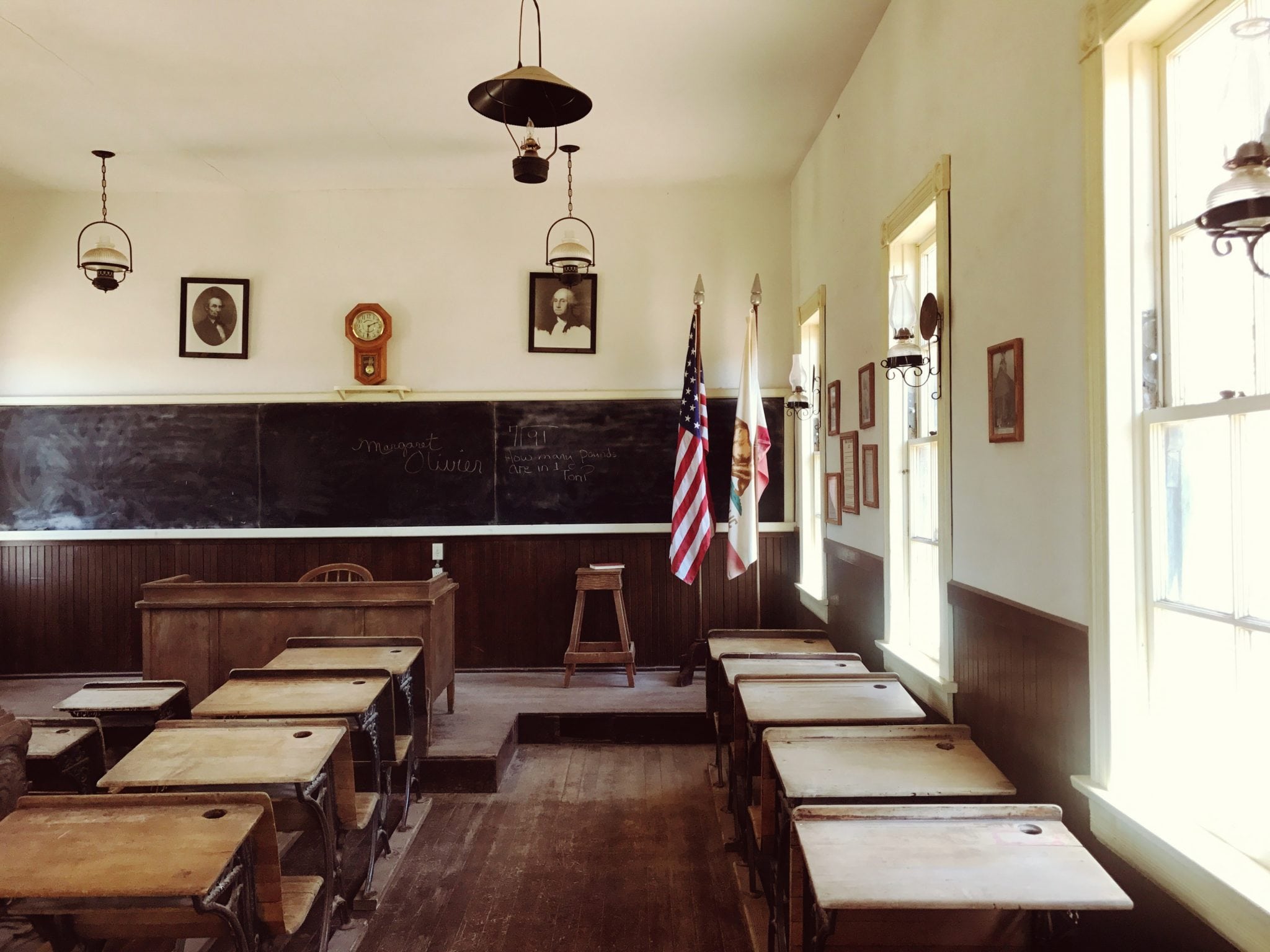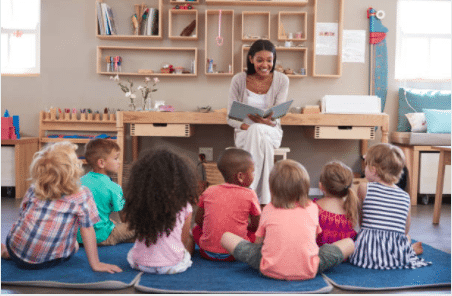Two words that get most parents’ blood boiling: “academic assessment.”
We all know the school system in the U.S.A. is far from perfect. While I like to think that I—a product of the public school system—turned out okay, there are many, many kids who struggled and continue to struggle, to get a quality education. We all agree that every child should have a good education. But we disagree on what that term means and how to get about achieving it. Part of the reason is that every child learns differently. What works for Adam won’t work for Eve. National test assessments for learning, like the National Assessment of Educational Progress probably won’t even rightly represent Adam or Eve.
Enter John King. King has a dream. That dream is the quest for the perfect school. Dreams differ from person to person, but King sees a perfect school as physically clean, warm in spirt, enthusiastic and in outlook, and comprehensive in content. He sees a perfect school as one where everyone, from administrator and nurse to parent and student, are equally dedicated to the proposition that all students are entitled to equal opportunities to learn.
But how to get from here to there?
Let’s be realistic.
We can’t.
Because the one-size fits all model doesn’t work. Not even for perfect schools.
Standardized testing shows us this—a system that shoehorns every kid into an ideal mold, as determined by filling in scantron bubbles. A kid who goes from K-12 ends up taking 112 required standardized tests in core curricula, and they spend more time stressing over test preps that have zero effect on their grade.
Don’t get me wrong. Access to math and reading tutors is important. And let’s not say that standardized testing is useless. The National Assessment of Educational Progress and the Programme for International Student Assessment are well-respected gauges of student progress. They’ve been around for decades and they generally work. But they should be just one factor to gauge a child’s learning.
While 8 ACT test prep tips can be helpful for achievement, there’s much more than that.
In every aspect of his idealized school, King has a single theme: emotional satisfaction. Kids want to be at school. Parents want their kids to be in school. Teachers and administrators love having kids in their schools. Emotional fulfillment is sorely missing as a bubble on a standardized scantron. In its stead are stressed out, burned out teachers, pupils, and parents.
Emotional well-being, maturity, confidence, and grit aren’t measured, yet they are key factors to a student’s success. Eve may be a student who learns by reading, while Adam learns visually. Jacob may learn through music while Daniel is a hands-on whiz kid. Government doesn’t want to leave any kid behind. No one does. But the way the system is set up shows an emphasis on filling in bubbles.
Parents, teachers, and kids know this, too. That’s why there’s a debate raging about what education should be in America. Who defines it? What system is best? How do you measure it?
Secretary of Education Betsy DeVos has drawn a lot of fire from many critics, and continues to do so. I’m one of these critics. But one thing that she does understand is that parents, teachers, and kids should have choices to decide which school is best for them. Whether public, private, charter, religious, or even a trade school, kids need options. Kids need schools where they can thrive in a learning environment suited to them—where they can use their strengths to address their weaknesses.
Public school is open to all, where any and every child, no matter what background they came from, has a chance. I did well there.
But what’s right for me isn’t necessarily right for you. Does that mean anyone’s school learning experience has to disappear?


